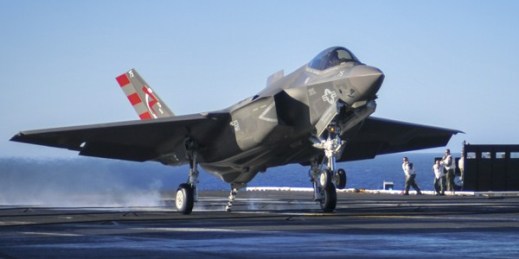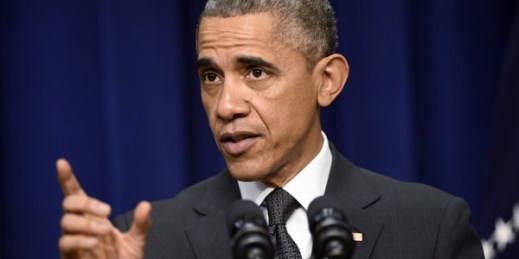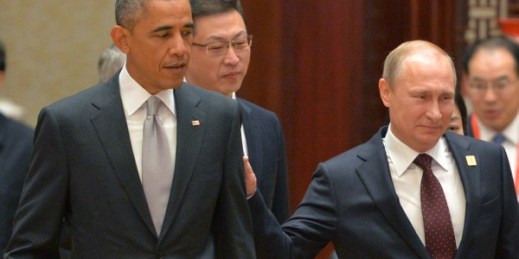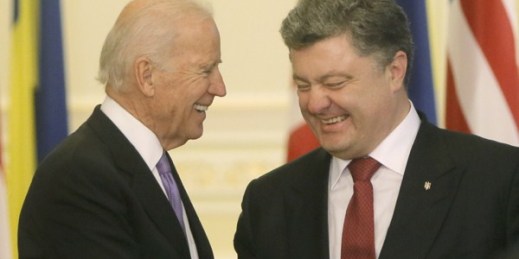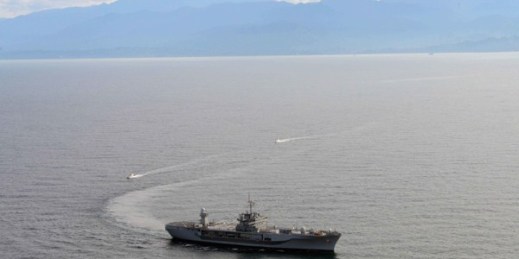
In the waning days of 2014, U.S. President Barack Obama’s approach to foreign policy, roundly castigated by critics for most of the year as being weak, feckless and indecisive, appears to have been vindicated by more recent developments. Eschewing the calls for immediate reactions to a series of disparate events—from anti-government protests in Venezuela to Russia’s intervention in Ukraine—the president opted for diplomacy and sanctions, augmenting his existing approach to perennial problems like Iran and its nuclear program. Now, the story goes, a whole list of U.S. opponents, from Cuba to Iran, are moderating their defiance of Washington and looking […]


